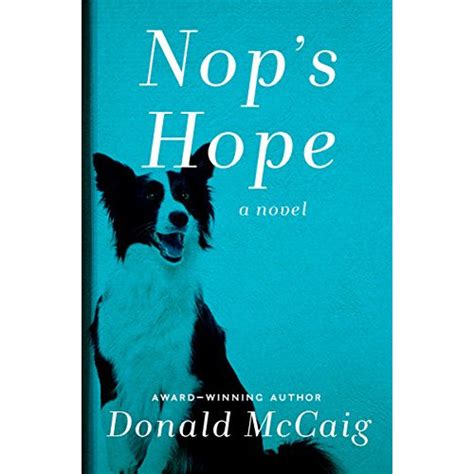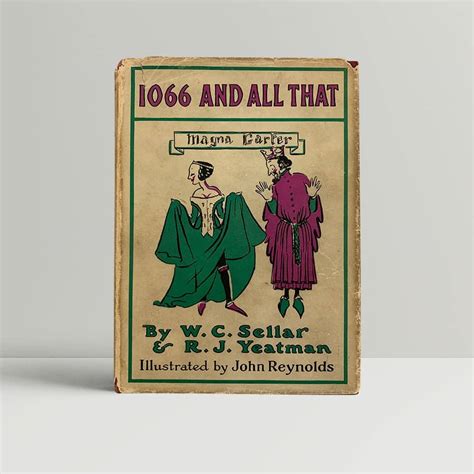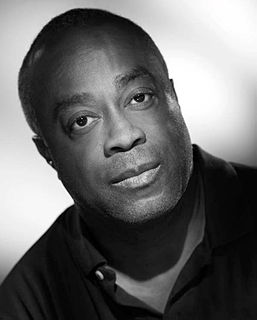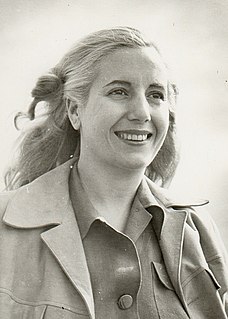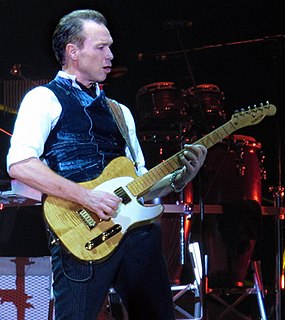A Quote by Charles Kennedy
As I spread my wings in politics, I discovered many Thatcher voters down south who were the same kind of people who loathed her in Scotland. They were puzzled by the Scots' antipathy, given the Falklands war and the strong militaristic history of the Highlands and elsewhere.
Related Quotes
Most of us who were opposed to the war, especially in the early '60's - the war we were opposed to was the war on South Vietnam which destroyed South Vietnam's rural society. The South was devastated. But now anyone who opposed this atrocity is regarded as having defended North Vietnam. And that's part of the effort to present the war as if it were a war between South Vietnam and North Vietnam with the United States helping the South. Of course it's fabrication. But it's "official truth" now.
Coming from the South and growing up in L.A. where it was so segregated - worse than the South in many ways - all the people in my neighborhood were from the South. So you had that Southern cultured environment. The church was very important. And there were these folk ways that were there. I was always fascinated by these Southern stories, people would share these mystified experiences of the South. I wanted to talk about folklore.
We have a number of very powerful women in the world now - Mrs. [Angela] Merkel, who the Germans call Mutti. What did we call Mrs. [Margaret] Thatcher? When she was minister of education, she stopped the children's free school milk. This may sound quaint, but after the war we were such a malnourished nation that part of the founding of the welfare state were public health initiatives. Every little schoolchild got milk. Mrs. Thatcher stopped it. They called her "Maggie Thatcher, milk snatcher."
For many people during many centuries, mankind's history before the coming of Christianity was the history of the Jews and what they recounted of the history of others. Both were written down in the books called the Old Testament, [the Torah] the sacred writings of the Jewish people ... They were the first to arrive at an abstract notion of God and to forbid his representation by images. No other people has produced a greater historical impact from such comparatively insignificant origins and resources.
My mother and my father had very, very strong Scots accents. We were Australian, and in those days when I was young, I spoke with a much more of an Australian accent than I have now. However I knew that if I went to England to become an actor, which I was determined to, I knew that I had to get rid of the Australian accent. We were colonials, we were Down Under somewhere, we were those little people Over There. But I was determined to become an Englishman. So I did.
My idea of what was going on in politics was driven by activism. I came out when I was 17, and right away I started working in the AIDS activist movement. For me, politics was about getting drugs approved and getting prisoners access to the same kind of drugs that you could get on the outside. It was about getting needle exchanges approved. That was politics. These were policy problems that were killing people, and we were trying to get them changed.

